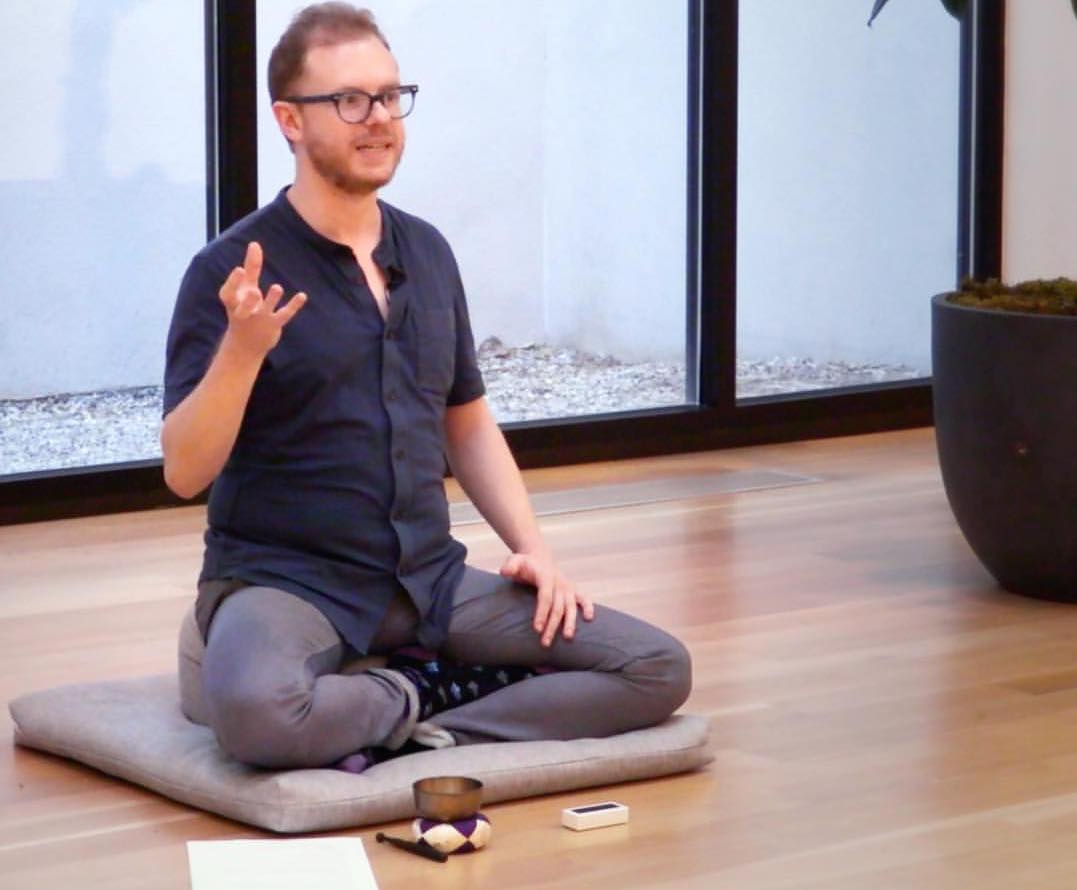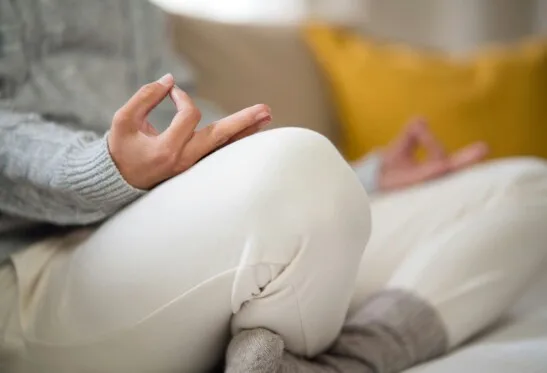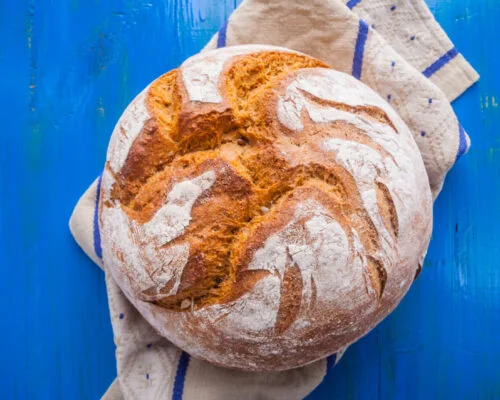Why make time for a gratitude meditation? Scientists and spiritual teachers agree (love when that happens!) that cultivating and expressing gratitude can lead to much healthier, happier lives (for you and the people around you).
“If we can’t take time to celebrate the various aspects and small successes of our life, we might find it lacks meaning,” explains Buddhist meditation teacher Lodro Rinzler, who’s also the co-founder of the popular New York City meditation studio MNDFL. “But if we can appreciate even the basic aspects of our life and who we are, we will feel more joy through it.”
The Buddhist tradition focuses on mindfulness, and Rinzler explains that feeling thankful is a natural outflowing of that practice.
RELATED: I Tried It: Could Learning to Meditate Change How You Handle Stress?
“The more present we are, the more we learn to appreciate the little things in life. For example, if we are sitting there with our morning coffee and lost in an anxiety-producing to-do lists in our mind, then we may not feel a lot of room for gratitude. But if we are regularly training in being present with the breath, we likely will be more present for our morning coffee,” he says. “Through simply tasting it and mentally being there with that and nothing else, we appreciate it more. We take something ordinary and by being there for it, it becomes extraordinary.”
RELATED: How to Create a Mindful Morning Routine
Meanwhile, scientific research has backed up this point in study after study. In one study, people who wrote down things they were grateful for during the week were more optimistic, felt better about their lives, and also exercised more and had fewer doctor visits (woah!) than those who focused on things that aggravated them. Another study showed people who wrote and delivered notes thanking people for past kindness got a major happiness boost that lasted for a month. (There’s even evidence that employees who are thanked work harder…so start dropping some hints with your boss.)
Ready to give some serious thanks? Cultivating gratitude can be as simple as writing down things you’re thankful for or thanking people in your life for things you’re grateful for. Or, get started with the mindfulness meditation, below, that Rinzler says will definitely help.
 Photo: MNDFL
Photo: MNDFL
A MNDFL Gratitude Meditation
1. Take a moment to feel the weight of your body on the earth. Gently lift upward through your spine. Connect to the natural cycle of your breath, feeling the rise and fall of your belly. When your mind wanders, come back to the physical sensation of the breath.
2. Set an intention for the day. After focusing on the breath, contemplate, “What quality do I want to cultivate today?” Let whatever answers come up wash over you like a wave and keep returning to the question as the object of meditation. Notice if one answer feels particularly relevant to you. As you emerge from meditation, commit to focusing on that quality for just this one day.
3. Contemplate “What am I grateful for today?” Similar to before, start with the breath then move into the contemplation; whatever answers come up are fine, just keep coming back to the question. At the end of the session, see if you notice increased feelings of appreciation and gratitude in your body.
(Featured Photo: Ariel Lustre via Unsplash)





























